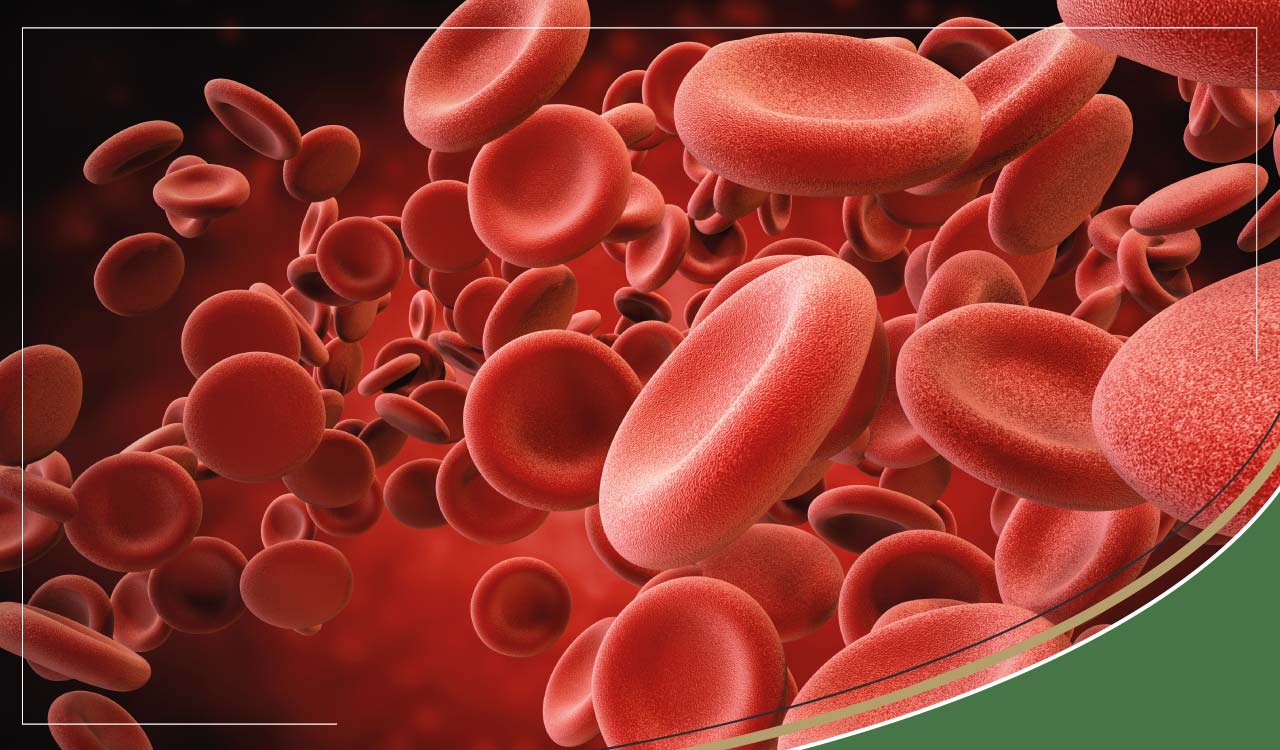Prostate Health. Can Changing Your Diet Help?

The prostate is a walnut sized gland important to the male reproductive system in that it makes fluid that feeds and provides protection to sperm cells in the semen. Both urine and semen pass through the prostate to be removed via the urethra. Men often only become aware when the prostate is large enough to interfere with urine flow through the urethra. The prostate is governed by male hormones called androgens and the main androgen involved is testosterone.
Prostatitis
Prostatitis is a condition diagnosed when the prostate gland swells and symptoms such as increased urination, urgency or pain become persistent. Prostatitis can affect any age group but it is associated more with men between the ages of 30 and 50. Acute prostatitis it will have similar symptoms to an acute urinary tract infection (UTI). Often the underlying cause is never identified. Usually a bacterial infection is assumed and treated successfully with antibiotics. It may either go on to be a chronic condition or it may resolve without treatment.
Common conditions of the Prostate
- Prostatitis, or inflammation of the prostate, acute or otherwise and usually caused by infection. Sometimes no cause is identified.
- An enlarged prostate, usually found to be Benign Prostatic Hypertrophy (BPH), often affecting men after the age of 50. They may experience more urinary problems and some discomfort. BPH is often treated with medication and / or surgery.
- Prostate cancer is the most common form of cancer in men but these days treatment is highly effective. Treatment options include: surgery, radiation, hormone therapy or chemotherapy. According to the NHS 40,000 new cases are diagnosed each year in the United Kingdom.
Examination & Diagnosis
- Blood tests for Prostate Specific Antigen: The prostate makes a protein called PSA. If the PSA count is high, prostate cancer is possible but it is not always the case because an enlarged prostate will also give a high PSA reading.
- Trans rectal ultrasound: An ultrasound probe is inserted via the rectum.
- Biopsy: A needle is inserted into the prostate to remove a sample of tissue to check for prostate cancer.
- Digital rectal examination: a doctor inserts a lubricated, gloved finger into the rectum to manually assess the prostate. They may be looking for and enlarged prostate, lumps or nodules of prostate cancer, or discomfort when touched.
Bacterial Prostatitis Symptoms
Bacterial Prostatitis symptoms are a medical emergency and can include:
- Feeling hot and cold
- Fever
- Haematuria - Blood in Urine
- Pain when urinating
- Strong or foul smelling urine
- Problems emptying the bladder
Natural Treatments
D-Mannose has been successfully used for a range of male urinary problems including Bacterial Prostatitis.
Dietary Changes
For A Heathy Prostate - Consume more:
- Cruciferous vegetables (cabbage family)
- Green vegetables
- Carrots
- Tomatoes
- Mushrooms
- Pumpkin seeds
- Pomegranates
- Grapes
- Grapefruit
- Citrus fruits
- Avocados
- Berries
- Apples
- Green / White Tea
Consume less:
- Gluten
- Sugar
- Animal fats, particularly beef and pork
- Beer
 Free Royal Mail 24 Tracked Delivery - Spend £10+
Free Royal Mail 24 Tracked Delivery - Spend £10+
 Support 01904 789559 - 20+ Years Expertise
Support 01904 789559 - 20+ Years Expertise
 Rated 5 out of 5 on Trustpilot
Rated 5 out of 5 on Trustpilot

















